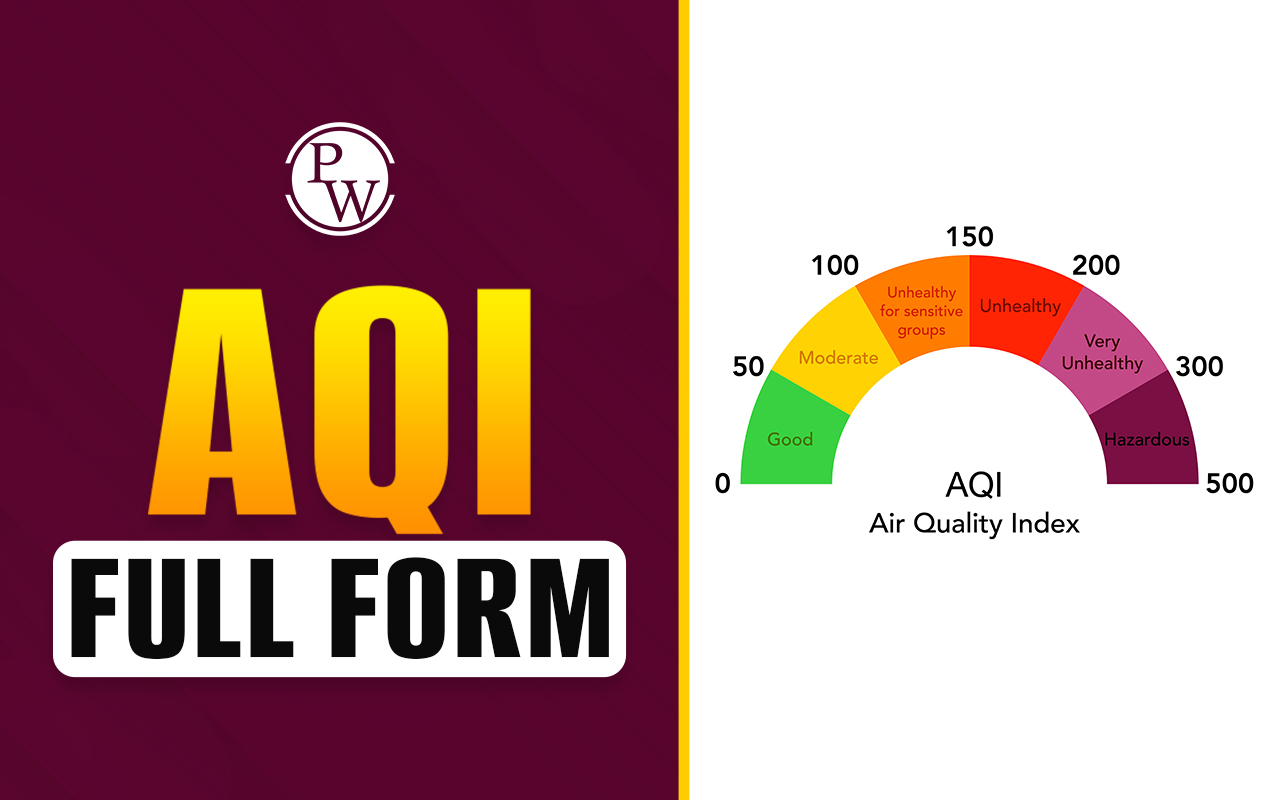
EVS is an abbreviation for "Environmental Studies." Environmental Studies (EVS) is an interdisciplinary field of study that looks at how people and their societies interact with the natural environment. It covers a wide range of subjects, such as environmental science, ecology, geography, sociology, economics, and policy.
The goal of EVS is to figure out how people and the natural environment interact in complicated ways and use that knowledge to come up with long-term solutions to environmental problems. Environmental studies are important because they help us understand how our actions affect the environment and help us come up with long-term solutions to problems we face now and in the future.
The Interdisciplinary Nature of Environmental Studies
The natural sciences, the social sciences, and the humanities are all used in environmental studies. Biology, chemistry, and geology are examples of natural sciences. They help us understand how natural systems work. Sociology, anthropology, and economics are all examples of social sciences. They help us understand how people act and how social and economic factors change the environment. Philosophy, history, and literature, which are all part of the humanities, give a broader view of environmental issues and how people relate to the environment.
Key Concepts and Issues in Environmental Studies
Environmental studies is a wide field that covers a range of concepts and issues. Sustainability, biodiversity, climate change, natural resource management, and environmental justice are some of the most important ideas. Environmental issues include pollution, deforestation, loss of biodiversity, climate change, and overconsumption of resources. Environmental studies are a way to learn about these ideas and problems and come up with long-term solutions.
Career Opportunities in Environmental Studies
EVS scholars can work in fields like environmental consulting, conservation biology, environmental law, environmental engineering, environmental policy, and environmental education. They can also work in organizations such as government agencies, non-governmental organizations, research institutions, and private companies. The career opportunities are wide and varied in this field.
Significance of EVS in India
Environmental Studies (EVS) plays a vital role in addressing the country's environmental challenges. India is home to many different ecosystems, from tropical forests to dry deserts. These ecosystems are constantly threatened by human actions like cutting down trees, polluting the air, and using too many resources. India's environmental studies try to understand these problems and come up with long-term solutions to them. For example, the increasing population, urbanization, and industrialization of the country have led to a severe water crisis. Environmental studies can help us figure out what's really going on and come up with long-term solutions like collecting rainwater and conserving water.
[wp-faq-schema title=" Full Form of EVS FAQs" accordion=1]
What are some of the major global environmental challenges and how can they be addressed?
How can individuals and communities get involved in local and global efforts to protect the environment?
Is EVS only for students interested in environmental science?
Can I specialize in a specific area of EVS?
Is EVS only for students who want to work in the environmental field?










